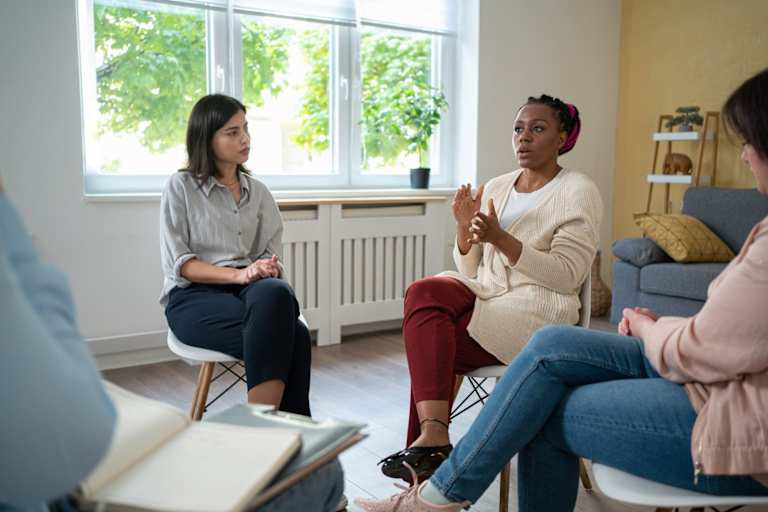How to Get Licensed As An LCP
Licensed professional counselors (LPCs) provide frontline mental health services, including counseling and therapy. In some states, these professionals are known as licensed mental health counselors (LMHCs). You need an LPC or LMHC license to practice as an independent counseling professional. Explore key features of the licensing process used throughout the United States.
How Do I Get an LPC License?
The specifics of the LPC licensing process vary by state. However, all jurisdictions follow the same basic model. It involves four main steps:
- Step 1: Earn a Counseling Graduate Degree
State requirements typically mandate that you must hold a master’s or doctoral degree in mental health counseling to qualify for an LPC license.
Before enrolling in a graduate program, check licensing details in the state where you plan to practice. Your state may prefer or require that your educational program be endorsed by the Council for Accreditation of Counseling and Related Educational Programs (CACREP) or a similar agency.
- Step 2: Gain Required Experience
Experience requirements vary by state, but typically involve at least 3,000 hours of supervised experience under a licensed counselor. You must also satisfy specific hourly minimums for both direct client contact and direct supervision by your LPC mentor.
Some states also impose limits on the length of time you have to accumulate the required experience.
- Step 3: Pass a National Counseling Examination
All states require that LPC license candidates pass one of the two exams issued by the National Board for Certified Counselors (NPCC). These exams include the National Counselor Examination (NCE) and the National Clinical Mental Health Counselor Examination (NCMHCE).
- Step 4: Apply for State LPC Licensure
After satisfying all educational, experience, and exam requirements, you can prepare a formal application for your LPC license. You must apply to your state’s LPC licensing board and complete all supplementary documentation, which may include fingerprinting, criminal background checks, and/or professional conduct reviews.
Education Requirements for an LPC License
While you can earn a doctoral degree in counseling, states do not require one for an LPC license. Instead, you can qualify with a master’s degree, which you can pursue after completing a bachelor’s program.
Examination Requirements for an LPC License
All U.S. jurisdictions require LPC license-seekers to pass one of two NBCC examinations. The content of both exams is developed with the participation of licensed counseling professionals.
The two exams include:
- National Counselor Examination: The NCE examination is a common requirement for LPC licensure. It consists of 200 multiple-choice questions, which evaluate your mastery of the theoretical, applied, and practical knowledge you’ll need to deliver effective mental health services as an LPC.
- National Clinical Mental Health Counseling Examination: Some states use the NCMHCE as an NCE alternative. Updated in 2022, the NCMHCE examination uses a case-study format to test your knowledge of six core mental health counseling content domains. You have 255 minutes to answer 130-150 multiple-choice questions.
Experience Requirements for an LPC License
In most states, you will need a minimum of about 3,000 hours of supervised clinical experience to qualify for your LPC license. You can usually apply your graduate-level internship and practicum experiences toward these requirements, though hourly limits may apply.
After earning your degree, you must then complete your hours as a postgraduate candidate. Your postgraduate experience, and your internships and practicums, will typically involve activities like:
- Client intakes and assessments
- Direct client contact sessions
- Therapeutic interventions
- Referrals to other mental health professionals
You must complete your hours under the supervision of an active LPC, as specified by your state’s licensing requirements.
Many states also specify minimum requirements for direct client contact hours and for the number of hours you must complete as a postgraduate candidate. Always consult state-specific standards before commencing your experiential training, and ensure that available opportunities will count for licensure purposes.
Find Out How to Become a Counselor in Your State
The steps to become a counselor can vary depending on the state where you plan to practice. Learn more about specific requirements in some of the top states for counselors:
Frequently Asked Questions About LPC Licensure
LPC stands for licensed professional counselor. It is a designation given to licensed mental health professionals with graduate-level education who specialize in using individual or group therapy to guide clients through behavioral, emotional, and psychological challenges.


